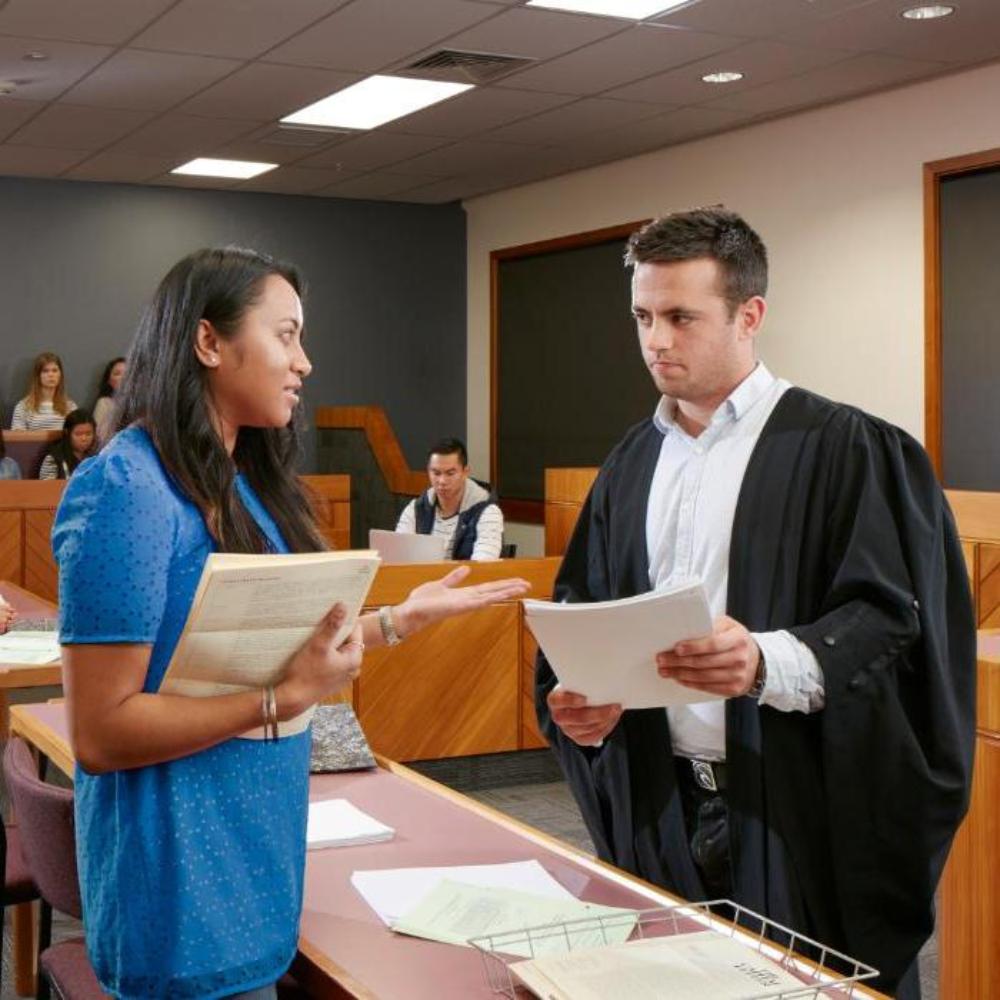UC's Bachelor of Laws degree is internationally recognised. This four-year degree includes compulsory 100 and 200-level courses that provide a solid background in core legal knowledge and skills. We also offer optional 300-level courses that enable you to focus on areas of law or study it more broadly. Learn more about our Bachelor of Laws (LLB).
Our courses are taught by world-ranked staff who are regarded as leading experts in their fields - many having written the textbooks that underpin legal studies in New Zealand.
The LLB degree is the necessary qualification if you wish to be admitted to practice as a lawyer in New Zealand. (If you have qualified overseas a different pathway maybe possible - contact the Faculty of Law to enquire).
The four-year law degree comprises compulsory 100 and 200-level courses (providing a solid background in core legal knowledge and skills), and optional 300-level courses (which allow you to focus on areas of law or study it more broadly).

